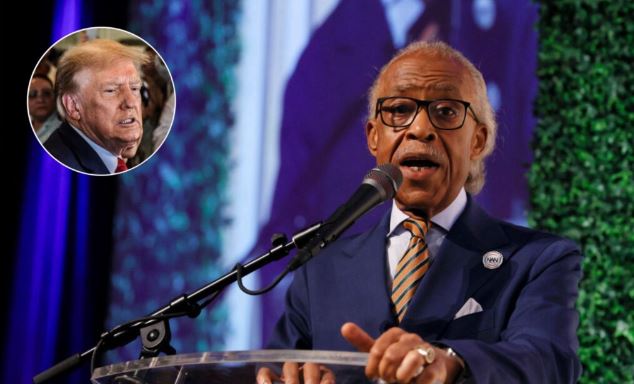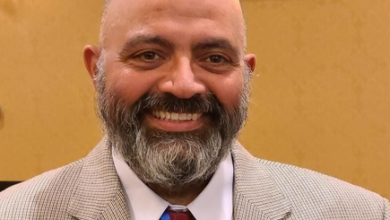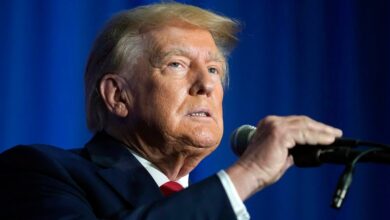Rev. Al Sharpton Criticizes Donald Trump’s Claim of Solidarity with African American Struggles

Rev. Al Sharpton has openly criticized Donald Trump for claiming that Black people can relate to him due to his legal troubles, highlighting a significant disconnect between Trump’s assertions and his historical actions. Sharpton’s remarks came during an appearance on “Morning Joe,” following Trump’s comments that seemed to align his experiences with those of African Americans facing legal challenges.
Sharpton, a staunch advocate for justice and civil rights, referenced the case of “The Exonerated Five” — a group of Black and Latinx young men falsely accused of a heinous crime in 1989 — to underscore Trump’s contentious history with issues of racial injustice. Trump had famously taken out full-page ads in major New York City newspapers at the time, calling for the death penalty for the then-teenagers, a move that significantly inflamed public opinion against them.
Yusuf Salaam, one of the Exonerated Five, reflected on the fear and danger they faced due to Trump’s actions, likening the potential for mob justice to the tragic fate of Emmett Till in the 1950s. Trump’s refusal to apologize for his role in exacerbating the situation has remained a point of contention, highlighting a perceived lack of empathy and understanding of the African American experience with the justice system.
Sharpton’s comments on “Morning Joe” emphasized that Trump’s recent attempts to draw parallels between himself and the African American community overlook a critical history of silence and inaction on issues of wrongful accusations and systemic injustice faced by Black individuals in America. This critique brings to light the broader conversation about the responsibilities of public figures in acknowledging past actions and genuinely engaging with the communities they seek to represent.
The dialogue sparked by Sharpton’s remarks serves as a reminder of the complex layers of racial injustice in America and the importance of accountability, particularly from those in positions of influence. As the political landscape continues to evolve, these discussions remain pivotal in understanding and addressing the deep-seated issues that affect marginalized communities.




